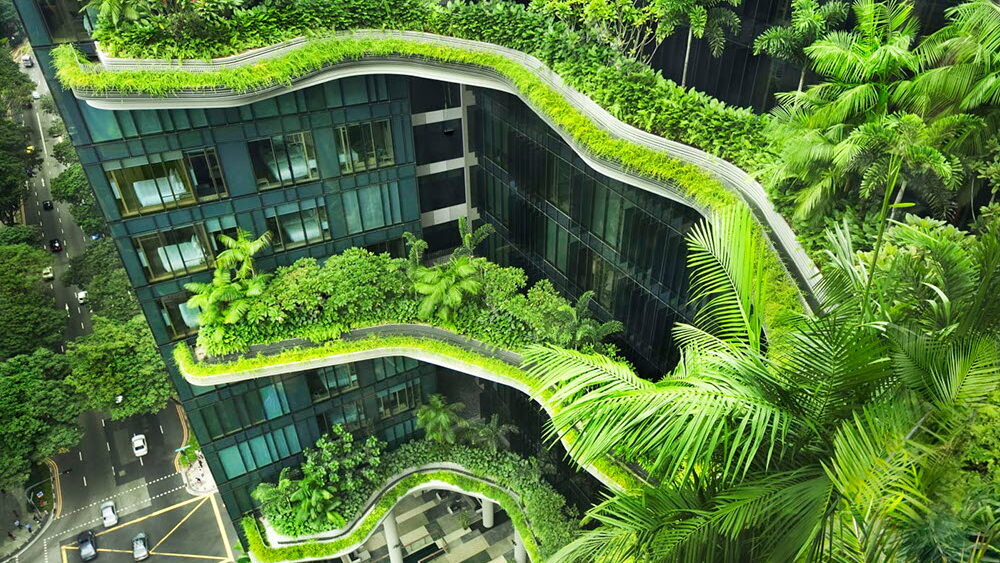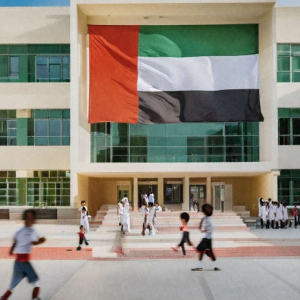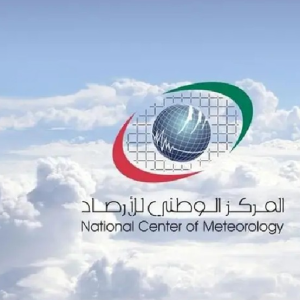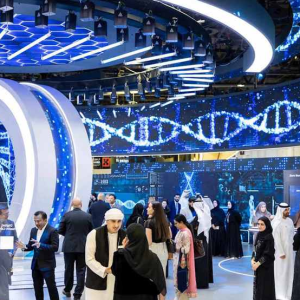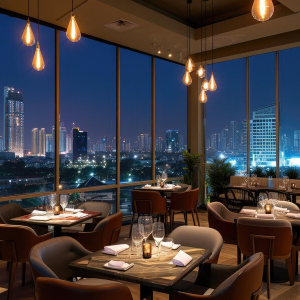The government of Ras Al Khaimah (RAK) is set to make a significant leap forward in its environmental and sustainability efforts. The introduction of new green building standards aims to transform the way buildings are designed, constructed, and maintained in the emirate. These changes promise to enhance the quality of life for residents while contributing to global sustainability efforts. With the UAE’s growing commitment to environmental responsibility, RAK’s new initiatives are positioning the region as a leader in eco-friendly construction.
A Step Towards a Greener Future
As part of its ongoing environmental strategy, RAK is making sustainability a top priority in its urban development plans. The government’s new green building standards are designed to reduce the environmental impact of construction activities. These standards will cover energy efficiency, water conservation, sustainable materials, and waste management in the construction and operation of buildings.
The primary objective of the new initiative is to ensure that buildings in RAK adhere to modern environmental practices that promote sustainability. By implementing these standards, the emirate aims to create a more eco-friendly urban landscape that reduces the carbon footprint of buildings and minimizes the consumption of natural resources.

Improving Energy Efficiency
One of the most crucial aspects of the new green building standards is energy efficiency. Buildings are some of the largest consumers of energy, and RAK aims to tackle this challenge head-on. The new regulations will require developers to adopt energy-saving technologies that reduce the amount of energy needed to heat, cool, and power buildings.
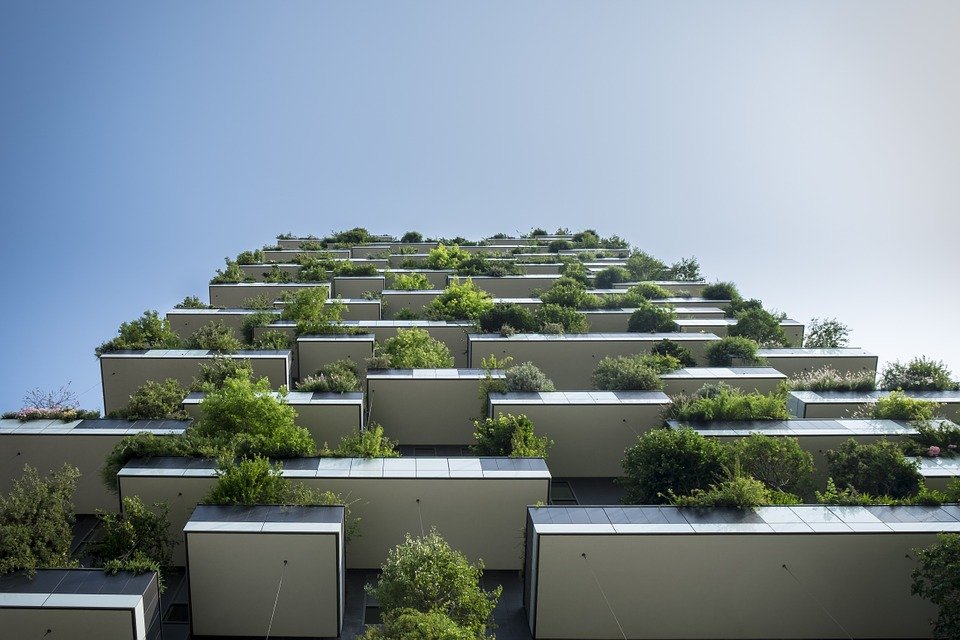
The focus will be on incorporating renewable energy sources such as solar panels, as well as energy-efficient heating, ventilation, and air-conditioning (HVAC) systems. These technologies are designed to significantly reduce energy consumption, making buildings more cost-effective to operate while also benefiting the environment.

Water Conservation and Sustainable Use
Another key feature of the new green building standards is the emphasis on water conservation. Water is a precious resource in the UAE, and RAK’s government is keen to promote sustainable water usage in all new construction projects. The standards will require developers to implement water-saving technologies and practices, including low-flow fixtures and greywater recycling systems.
By reducing water consumption, these new standards will help conserve one of the most valuable resources in the region. The introduction of rainwater harvesting systems will also be encouraged, allowing buildings to collect and reuse rainwater for irrigation and other non-potable uses. This approach not only reduces water wastage but also contributes to the overall sustainability of the community.
Use of Sustainable Materials
The choice of materials used in construction has a significant impact on the environment. Under the new green building standards, RAK will encourage the use of sustainable and locally sourced materials that have a lower environmental footprint. This includes materials that are recyclable, have a long lifespan, and are energy-efficient.
The use of sustainable materials also extends to the design of the building’s structure, with an emphasis on reducing waste during construction and promoting responsible sourcing of raw materials. These practices will help minimize the carbon emissions associated with manufacturing and transporting building materials, further enhancing the sustainability of new developments.
Waste Management and Recycling
Efficient waste management is another critical element of the new green building standards. Developers will be required to implement waste-reduction strategies during construction, ensuring that materials are recycled wherever possible. This will help minimize the amount of construction waste that ends up in landfills and reduce the environmental impact of construction activities.
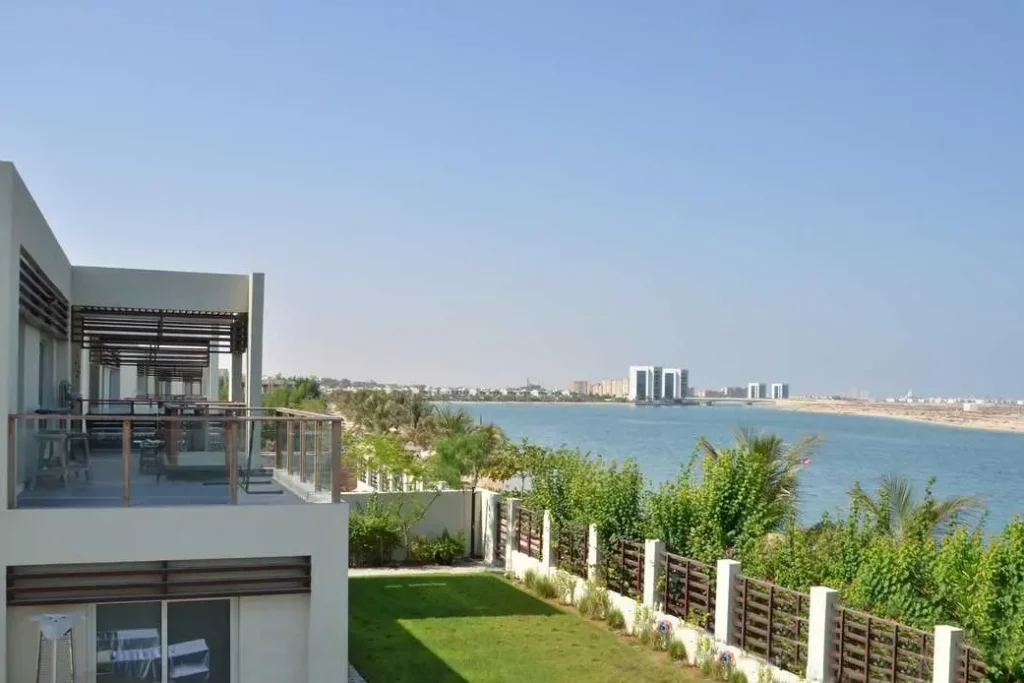
RAK’s government is also encouraging the creation of buildings with built-in waste segregation systems, allowing residents and businesses to separate recyclable materials from regular waste. This will contribute to the broader goal of achieving a circular economy, where resources are reused and recycled to reduce waste and reliance on raw materials.
Creating a Sustainable Urban Environment
RAK’s new green building initiatives will not only benefit individual buildings but will also contribute to the creation of a more sustainable urban environment. The government’s focus on green buildings is part of a larger vision to develop smart cities that are environmentally conscious, energy-efficient, and sustainable for generations to come.
The introduction of these green building standards is expected to have a ripple effect across the entire construction industry, encouraging developers, architects, and contractors to embrace sustainability as a core value. This will likely lead to the development of more eco-friendly buildings, creating a healthier and more livable environment for RAK’s residents.
The Role of the Community and Developers
For these new standards to be successful, it is essential that both the community and developers play an active role in supporting the initiative. Developers will need to adapt to the new regulations and invest in sustainable technologies and practices. This may require additional costs during the construction phase, but the long-term benefits, such as reduced operating costs and increased property value, are expected to outweigh the initial investment.
The community, including residents and businesses, will also play a vital role in ensuring the success of these green building standards. Raising awareness about the importance of sustainable living and encouraging people to adopt environmentally friendly practices will help create a culture of sustainability in RAK.
What’s Next for RAK’s Green Building Initiative?
As RAK moves forward with the implementation of its new green building standards, it is likely that the government will continue to refine and expand these regulations in the coming years. With an increasing number of developers and businesses investing in sustainable solutions, the emirate is well on its way to becoming a model for green building practices in the region.
This initiative also aligns with the UAE’s broader environmental goals, including the UAE Green Agenda and the UAE Vision 2021, which focus on promoting sustainability and reducing the country’s environmental footprint. RAK’s efforts will undoubtedly contribute to the nation’s ongoing commitment to a greener, more sustainable future.
Conclusion
The new green building standards introduced by the RAK government represent a significant step forward in the emirate’s efforts to build a sustainable future. By prioritizing energy efficiency, water conservation, sustainable materials, and waste management, RAK is leading the way in eco-friendly construction practices in the UAE. With the support of developers, residents, and businesses, these new standards will help create a greener, more sustainable urban environment for future generations.
Also read: Ras Al Khaimah Schools Celebrate National Day with Cultural Events

